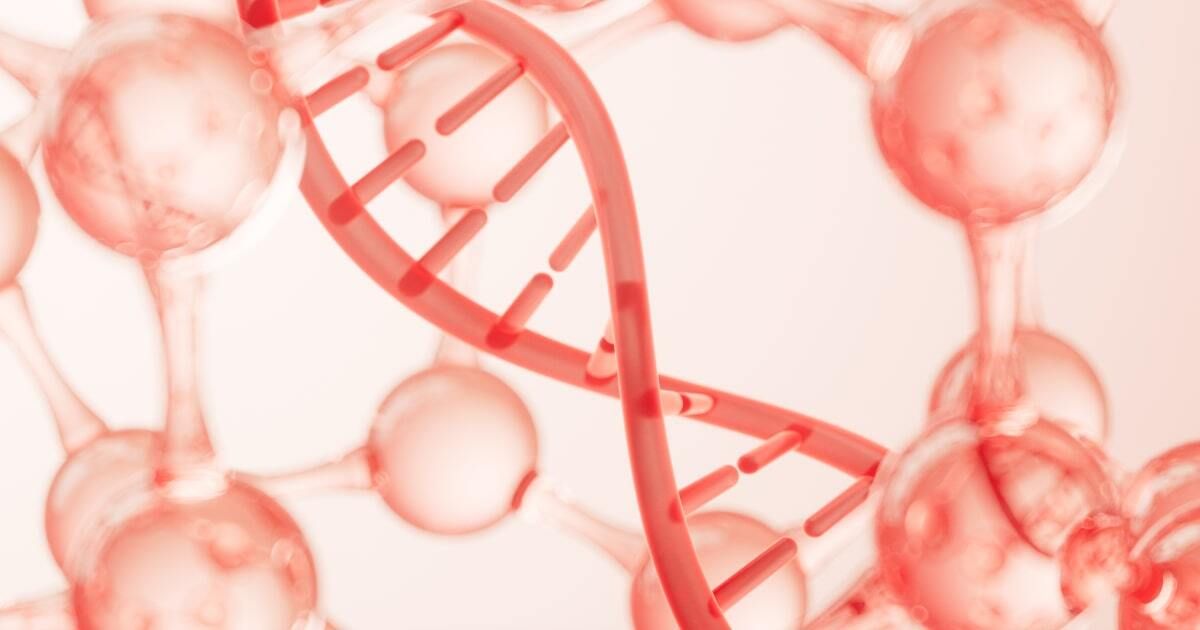Decoding the Genetic Mysteries: Understanding Neurodevelopmental Disorders in Children with a Maternal Miscarriage History

Expert Reviewed By: Dr. Brandon Colby MD
Neurodevelopmental disorders are a group of conditions that affect the development of the nervous system, leading to abnormal brain function and affecting a child’s emotions, learning ability, self-control, and memory. A recent study has found that women with a history of miscarriage have a higher risk of having children with neurodevelopmental disorders due to a genetic factor known as CNV (copy number variation) (P-544 CNV). This article aims to shed light on understanding, diagnosing, and using genetic testing for neurodevelopmental disorders in children with a maternal miscarriage history.
Understanding Neurodevelopmental Disorders
Neurodevelopmental disorders are a diverse group of conditions that include autism spectrum disorder, attention deficit hyperactivity disorder (ADHD), intellectual disabilities, and learning disorders. These disorders are usually present from birth or early childhood, and can significantly impact a child’s ability to function and develop throughout their lifetime.
Genetics and Neurodevelopmental Disorders
Genetic factors play a crucial role in the development of neurodevelopmental disorders. One such genetic factor is CNV, which refers to the variations in the number of copies of a specific gene present in an individual’s DNA. CNVs can lead to an increased risk of developing neurodevelopmental disorders in children, especially if their mothers have a history of miscarriage (P-544 CNV).
Diagnosing Neurodevelopmental Disorders
Diagnosing neurodevelopmental disorders can be challenging, as the symptoms vary widely and can overlap with other conditions. A thorough evaluation by a healthcare professional, including a detailed developmental history, physical examination, and various assessments, is necessary to accurately diagnose these disorders.
Role of Genetic Testing in Diagnosis
Genetic testing can be a valuable tool in diagnosing neurodevelopmental disorders, as it can help identify the underlying genetic causes. For example, a case study of a 6-year-old boy with autism spectrum disorder was diagnosed with creatine transporter deficiency through genetic testing (Creatine Transporter Deficiency). Similarly, a 51-year-old woman with bipolar disorder was found to have MBD5 deletion, suggesting MBD5 as a candidate gene for bipolar disorder (MBD5 Deletion).
Using Genetic Testing for Neurodevelopmental Disorders
Genetic testing can be a powerful tool for understanding, diagnosing, and managing neurodevelopmental disorders in children with a maternal miscarriage history. Here are some ways genetic testing can be helpful:
Identifying Genetic Causes
Genetic testing can help identify the specific genetic factors, such as CNVs, that contribute to the development of neurodevelopmental disorders. This information can help healthcare professionals better understand the cause of the disorder and guide treatment strategies.
Early Diagnosis and Intervention
Early diagnosis and intervention are critical for improving outcomes in children with neurodevelopmental disorders. Genetic testing can help identify these disorders early, allowing for prompt intervention and support tailored to the child’s specific needs.
Family Planning and Counseling
For families with a history of miscarriage and neurodevelopmental disorders, genetic testing can provide valuable information for family planning and counseling. Knowing the genetic risks can help parents make informed decisions about future pregnancies and prepare for the potential challenges associated with raising a child with a neurodevelopmental disorder.
Guiding Treatment Strategies
Genetic testing can help healthcare professionals develop personalized treatment plans for children with neurodevelopmental disorders. By understanding the underlying genetic causes, professionals can target specific pathways and design interventions that address the root of the problem, potentially improving the child’s outcomes and quality of life.
In conclusion, understanding, diagnosing, and using genetic testing for neurodevelopmental disorders in children with a maternal miscarriage history is crucial for early intervention, better treatment strategies, and improved outcomes. Genetic testing can help healthcare professionals and families navigate the complexities of these disorders and provide the best possible support for the affected children.
About The Expert Reviewer
Dr. Brandon Colby MD is a US physician specializing in the personalized prevention of disease through the use of genomic technologies. He’s an expert in genetic testing, genetic analysis, and precision medicine. Dr. Colby is also the Founder of and the author of Outsmart Your Genes.
Dr. Colby holds an MD from the Mount Sinai School of Medicine, an MBA from Stanford University’s Graduate School of Business, and a degree in Genetics with Honors from the University of Michigan. He is an Affiliate Specialist of the American College of Medical Genetics and Genomics (ACMG), an Associate of the American College of Preventive Medicine (ACPM), and a member of the National Society of Genetic Counselors (NSGC)